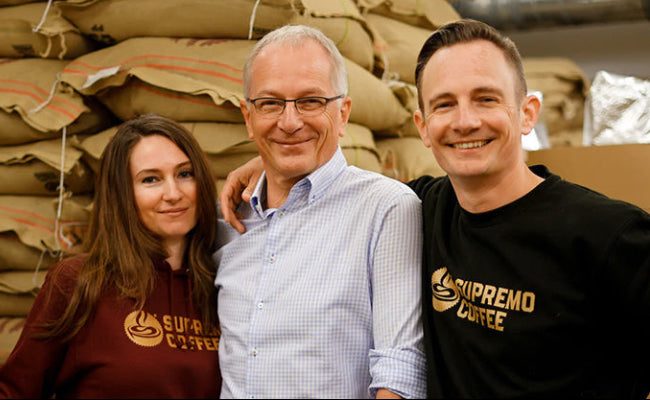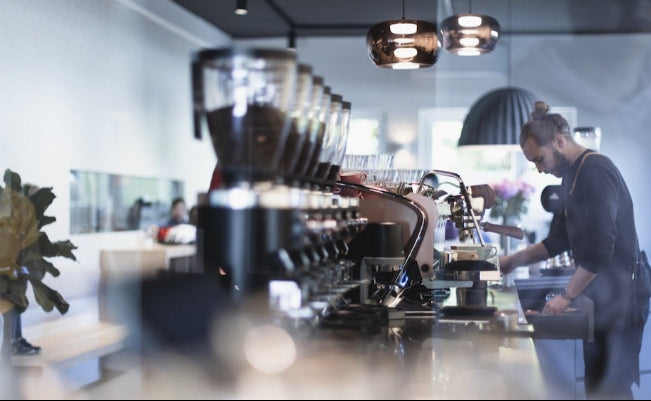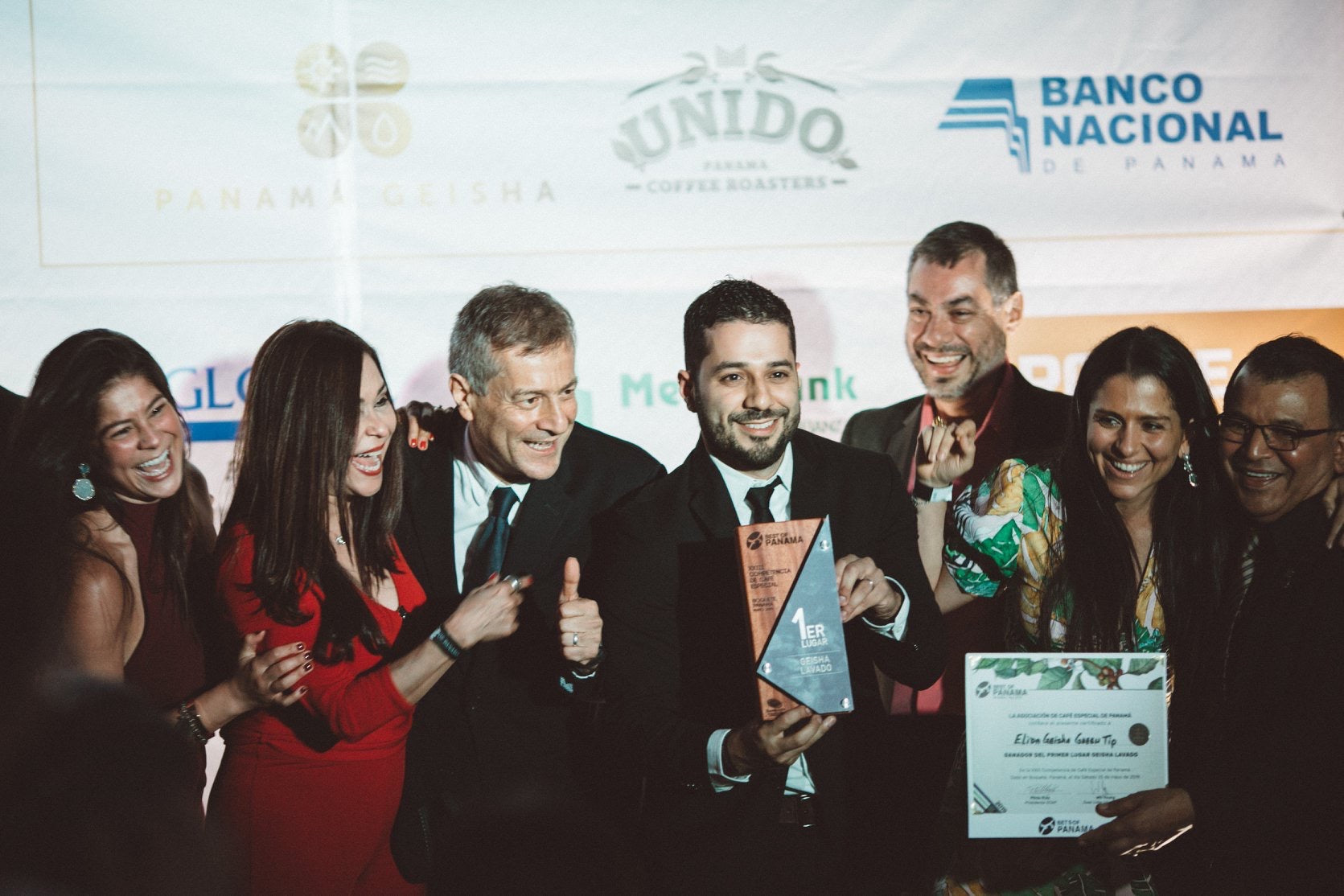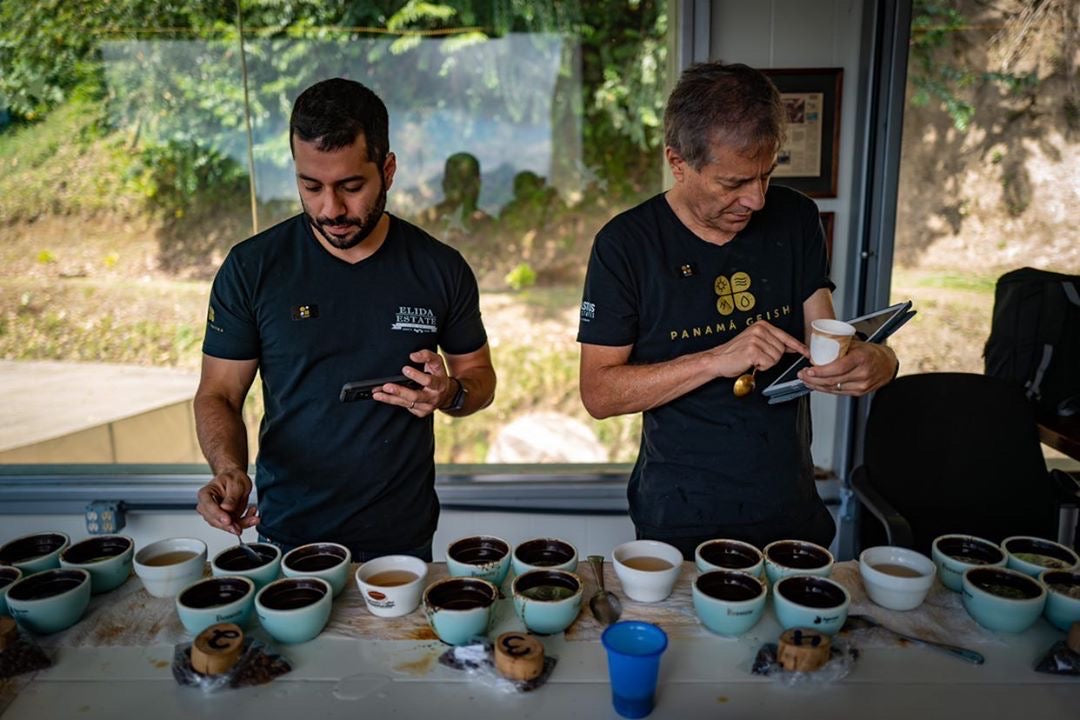
Exceptional
Lamastus Family Estates
Imagine drinking a coffee that costs over 10,000 Euros per kilo? The Lamastus Family Estates grow exactly this kind of coffee – this name that stands for exclusivity and quality in the coffee world like no other. For several years now, new price records have been regularly set at their private auctions. With their commitment and pioneering spirit, the Lamastus Family has positioned itself at the forefront of innovation in green coffee.
Our motto "work hard, stay humble, enjoy good coffee", is lived by Lamastus just as it is in our roastery, which is why we have been happy to work with the family for many years. Therefore, we are in the unique position to access Lamastus coffee outside of the private auctions, roast it, and offer it here.
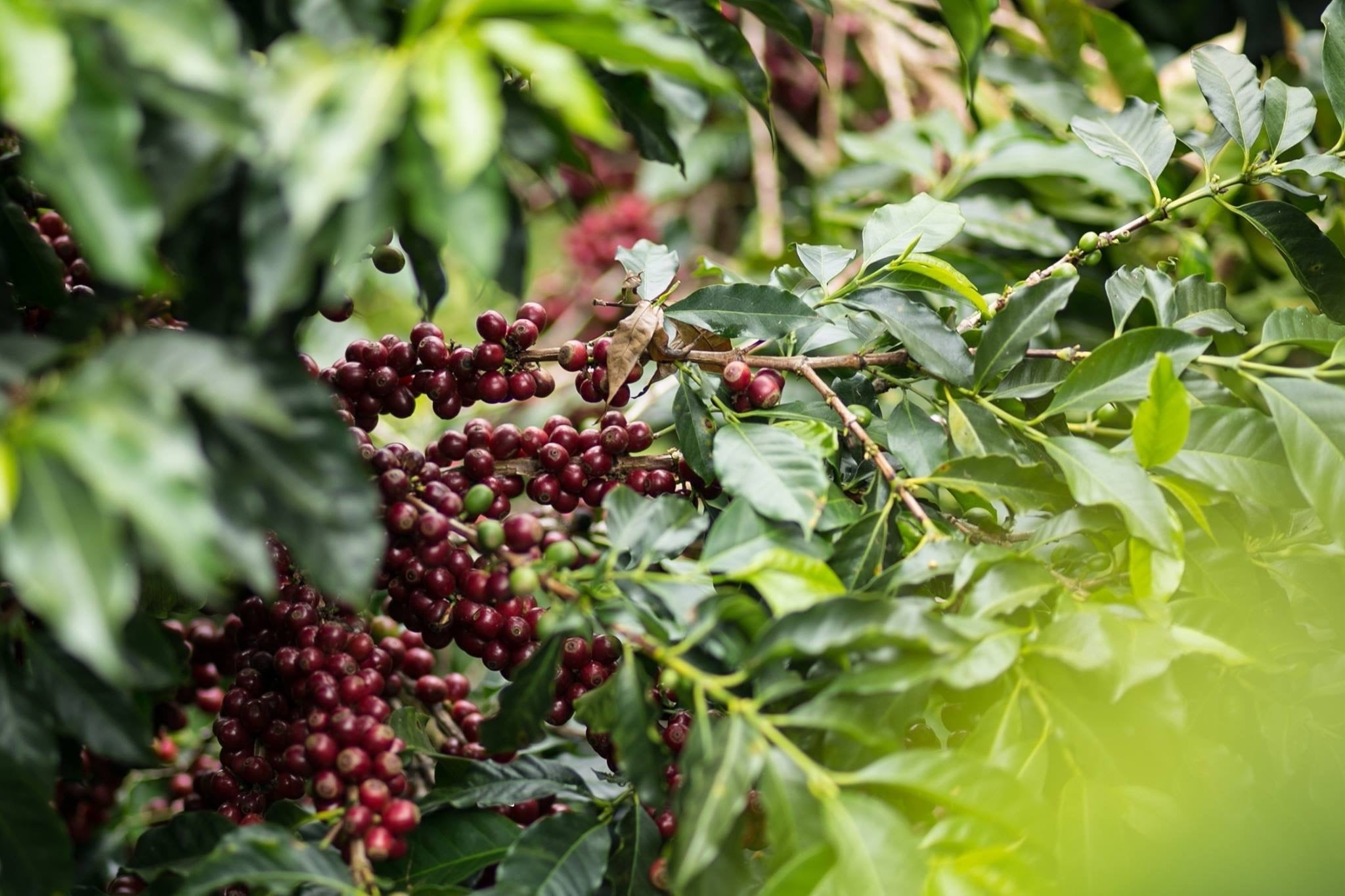
Lamastus'
Panama Geisha
Geisha is probably the most famous variety in the premium coffee sector. Known for its extremely aromatic bergamot notes, stunning sweetness, and enchanting floral notes, it turns a cup of coffee into a special experience.
Originally from Ethiopia, Geisha was further bred in Panama to become Panama Geisha, which brings out the sweetness and floral notes even more. Most of the Geishas available today are Panama Geisha.
On three farms in Panama, Lamastus grows the legendary coffee. For this, the family categorizes the coffees based on the locations where they are grown and carefully processes them using various methods – some of which they have developed themselves.
Learn more about the history of luxury coffee here …
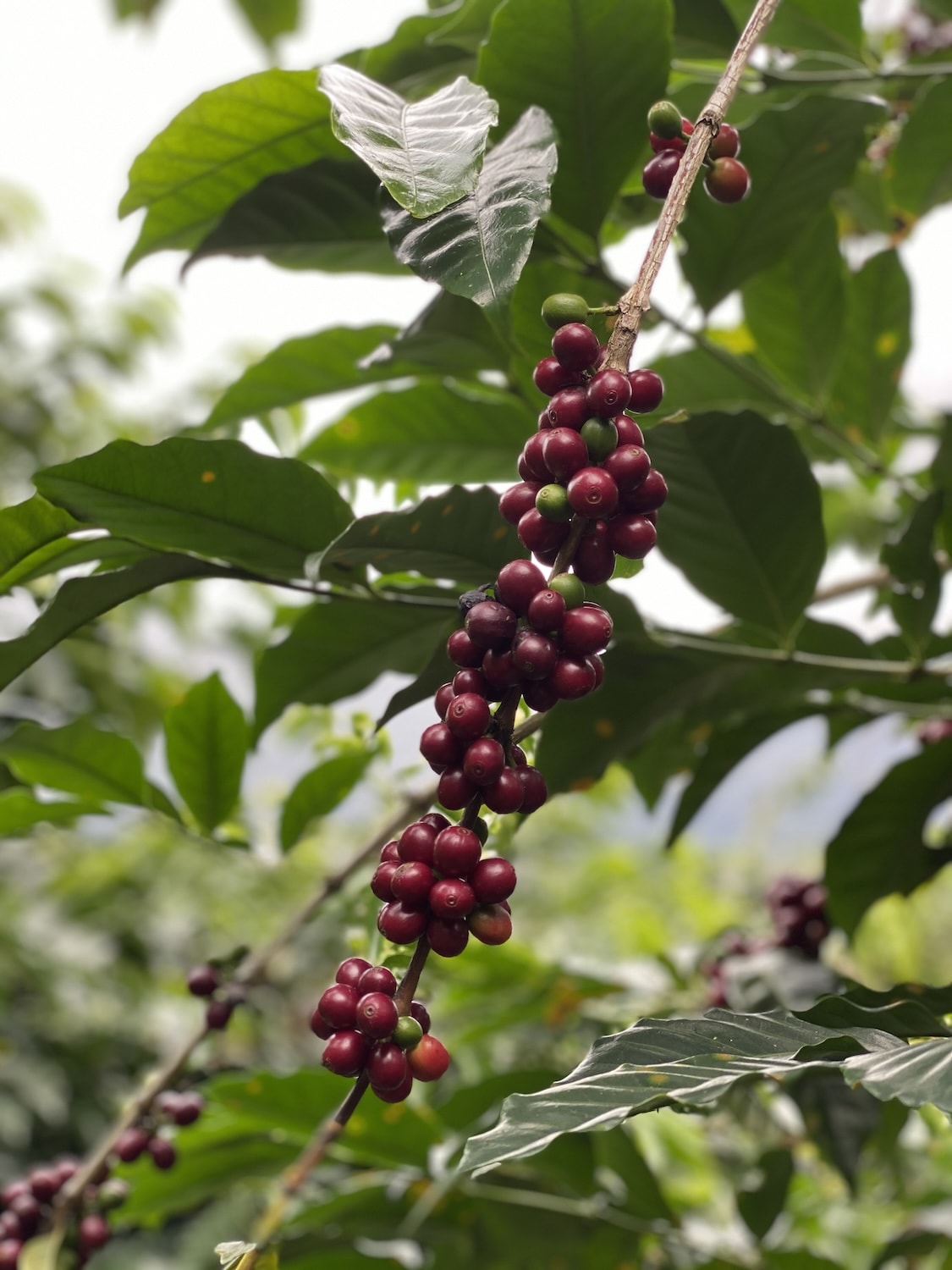
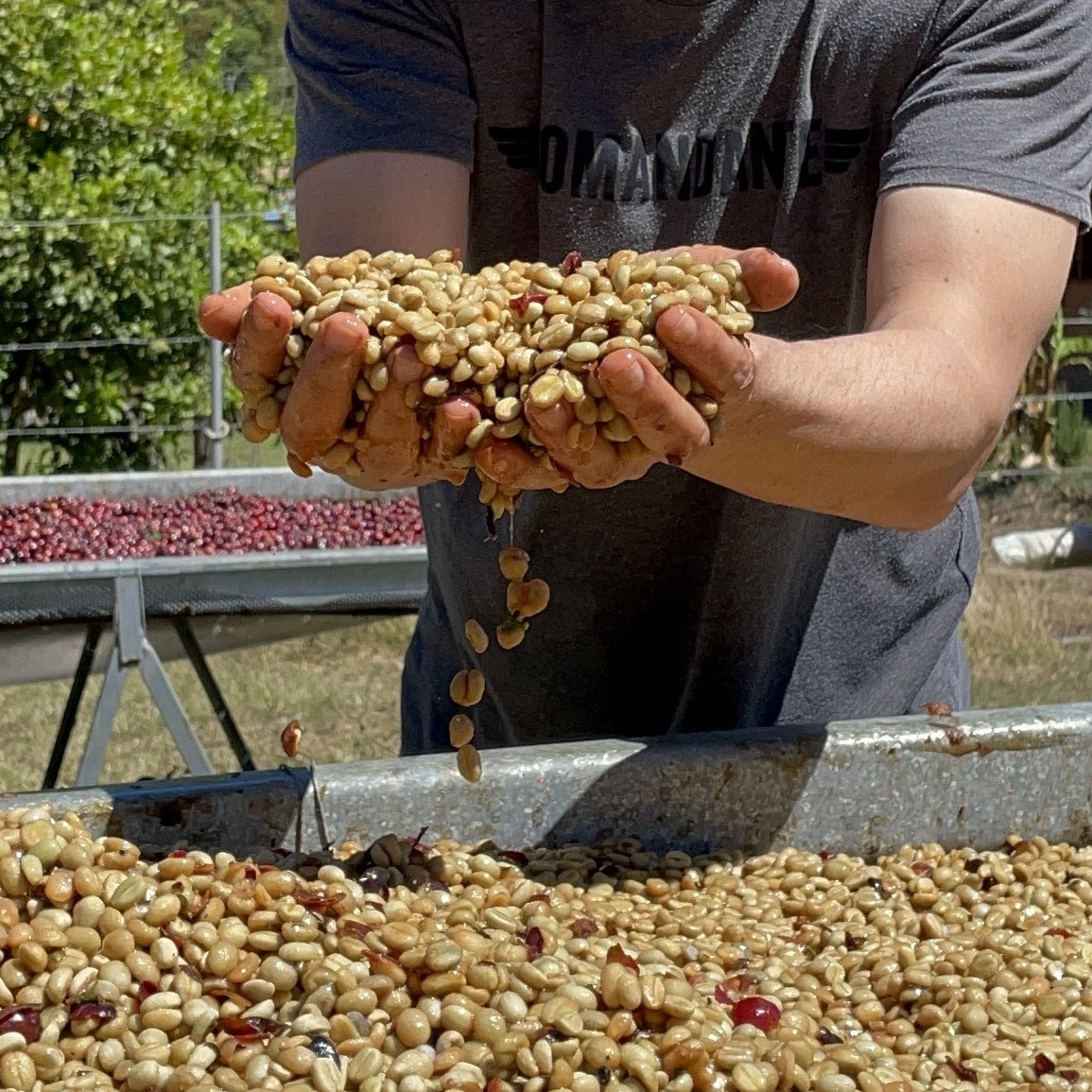
Processing
Washed
Coffee must be processed after harvest. In the washed process, the skin and all the flesh of the cherry are removed from the bean. This is now mostly done completely mechanically. Before transportation, the parchment is finally removed from the bean, and the well-dried coffee can be safely transported before it is roasted.
Washed coffees are generally characterized by their clear, unadulterated "honest" flavor profile. Depending on the variety and origin, they have a fruity, pleasant acidity, or fine nutty notes.
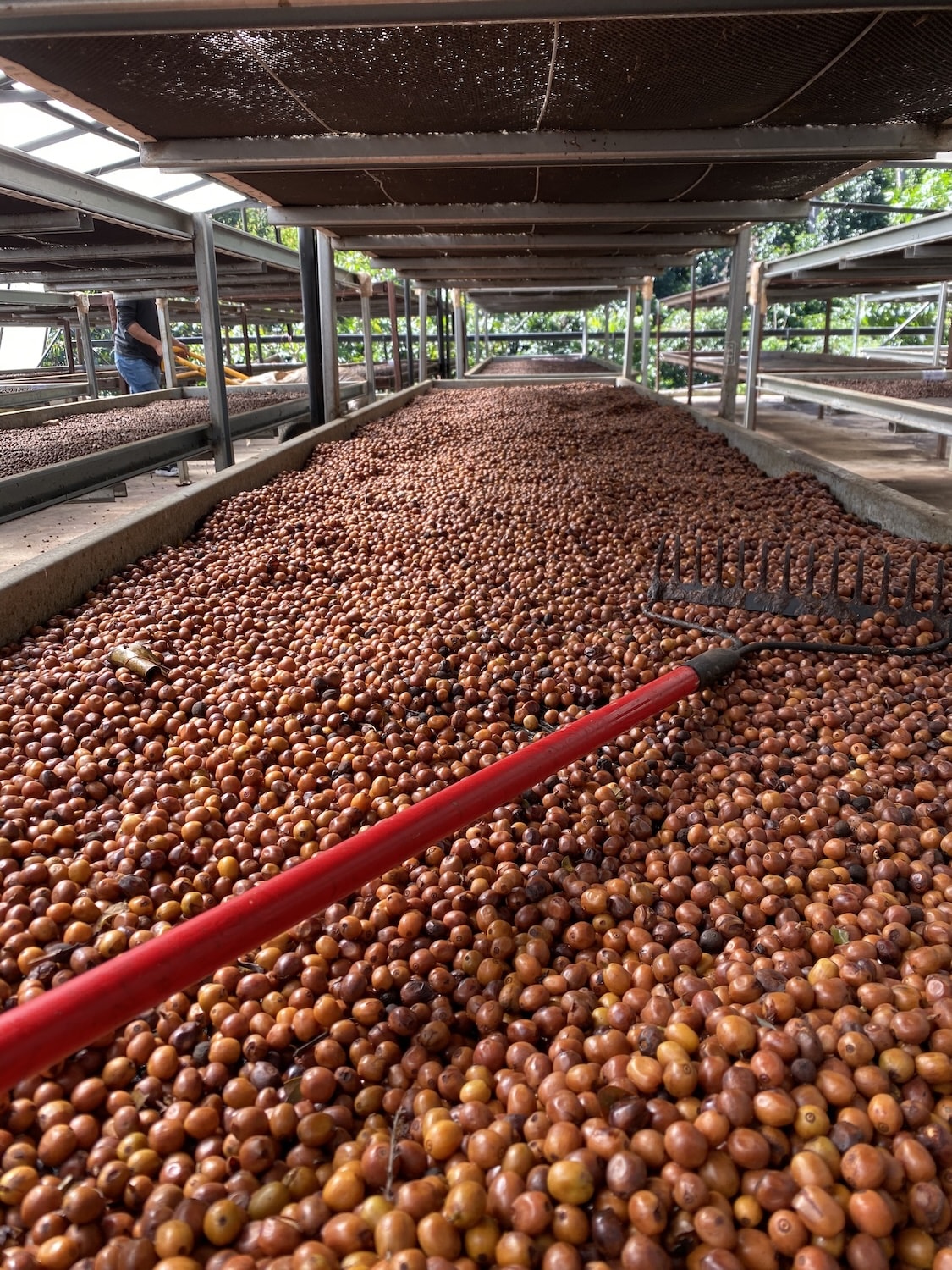
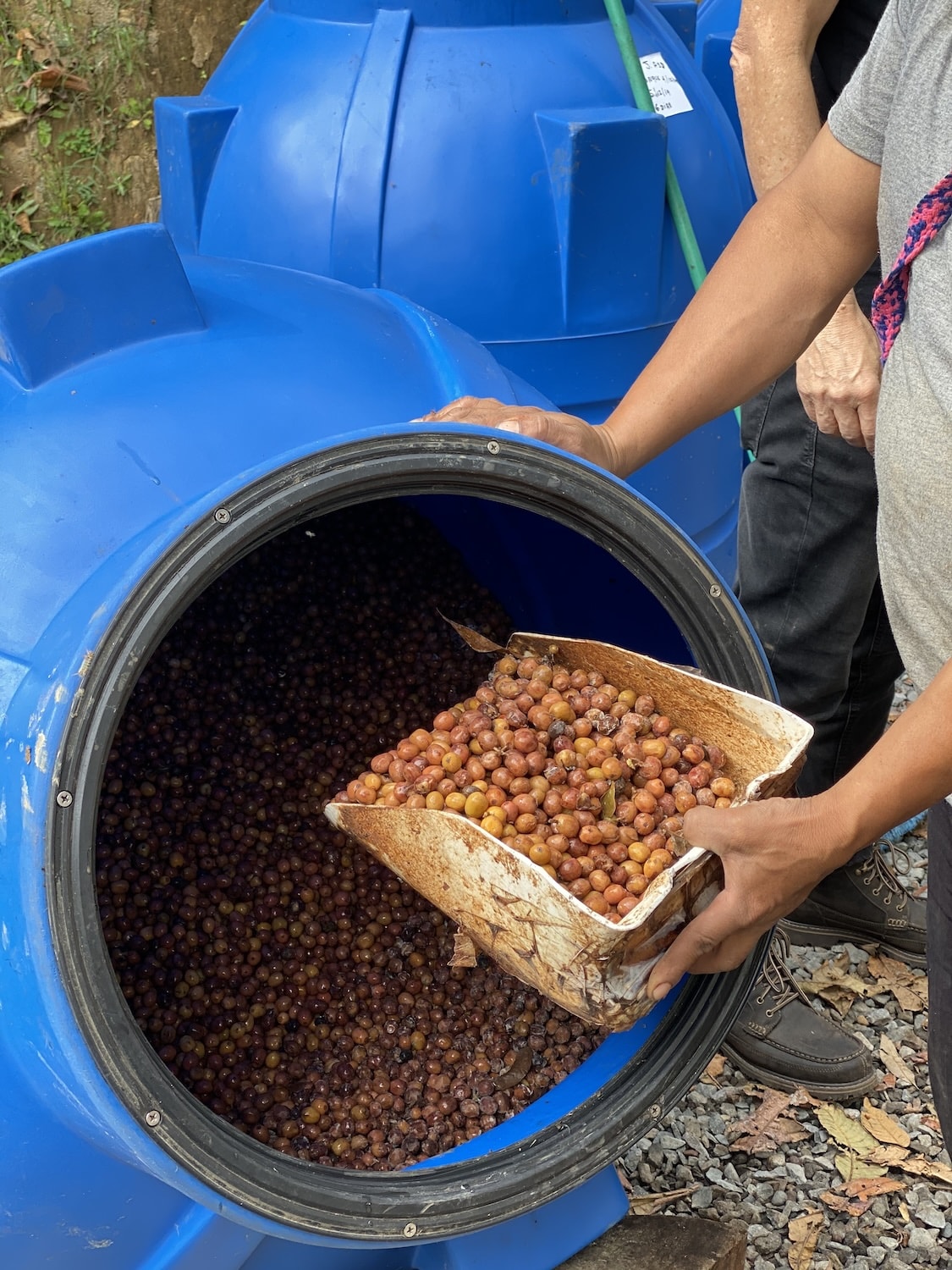
Processing
NASD
The N stands for natural: In the natural process, after harvesting, the skin and flesh are left on the cherry. The coffee is dried in the fruit over several days. However, there are a few intermediate steps in this process.
The A stands for anaerobic 'maturation' or fermentation; in this case, we allow the CO2 emitted by the cherries to escape but do not allow any oxygen into the tank. The entire fermentation process lasts 6 days. In the concentrated juices that form in the tanks, the characteristics of the coffee unite; variety, terroir, natural bacteria and yeast traces, and microorganisms, like a fingerprint.
Finally, the cherries are dried on drying beds for over 30 days – this is what the SD stands for, 'Slow Dry,' meaning slow drying.
This process results in a very complex sweetness with intense, almost jam-like fruit notes.
News
from the blog

SUPREMO X MUNICH RAVENS FOOTBALL
Supremo Coffee becomes the official partner of the Munich Ravens Two brands, one home – and a shared commitment to top quality: the Munich Ravens, the American football franchis...
Read more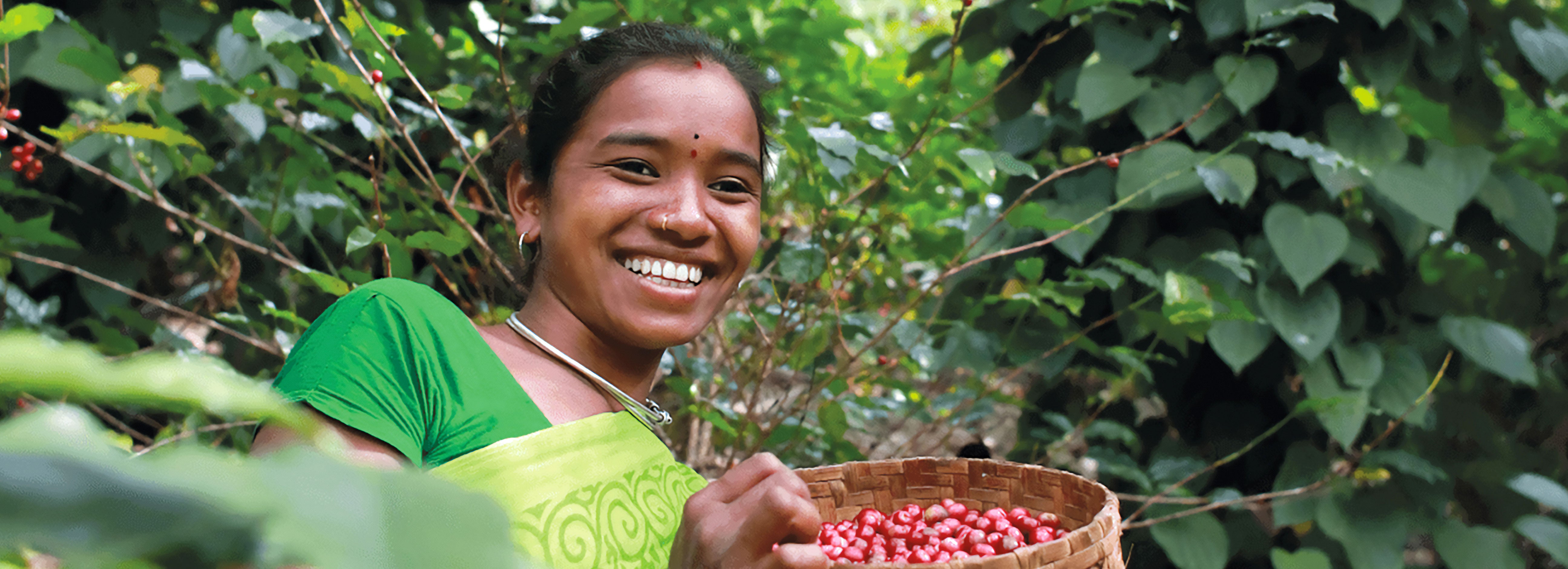
Nachhaltigkeitsrevolution Araku Valley
Wir sind wieder einen Schritt nach vorne in Sache Direct-Trade-Bio-Kaffees und arbeiten ab diesem Jahr in Indien nur noch mit Bio-Arabicas aus Araku! Wir haben in den vergangenen Jahren schon einig...
Read more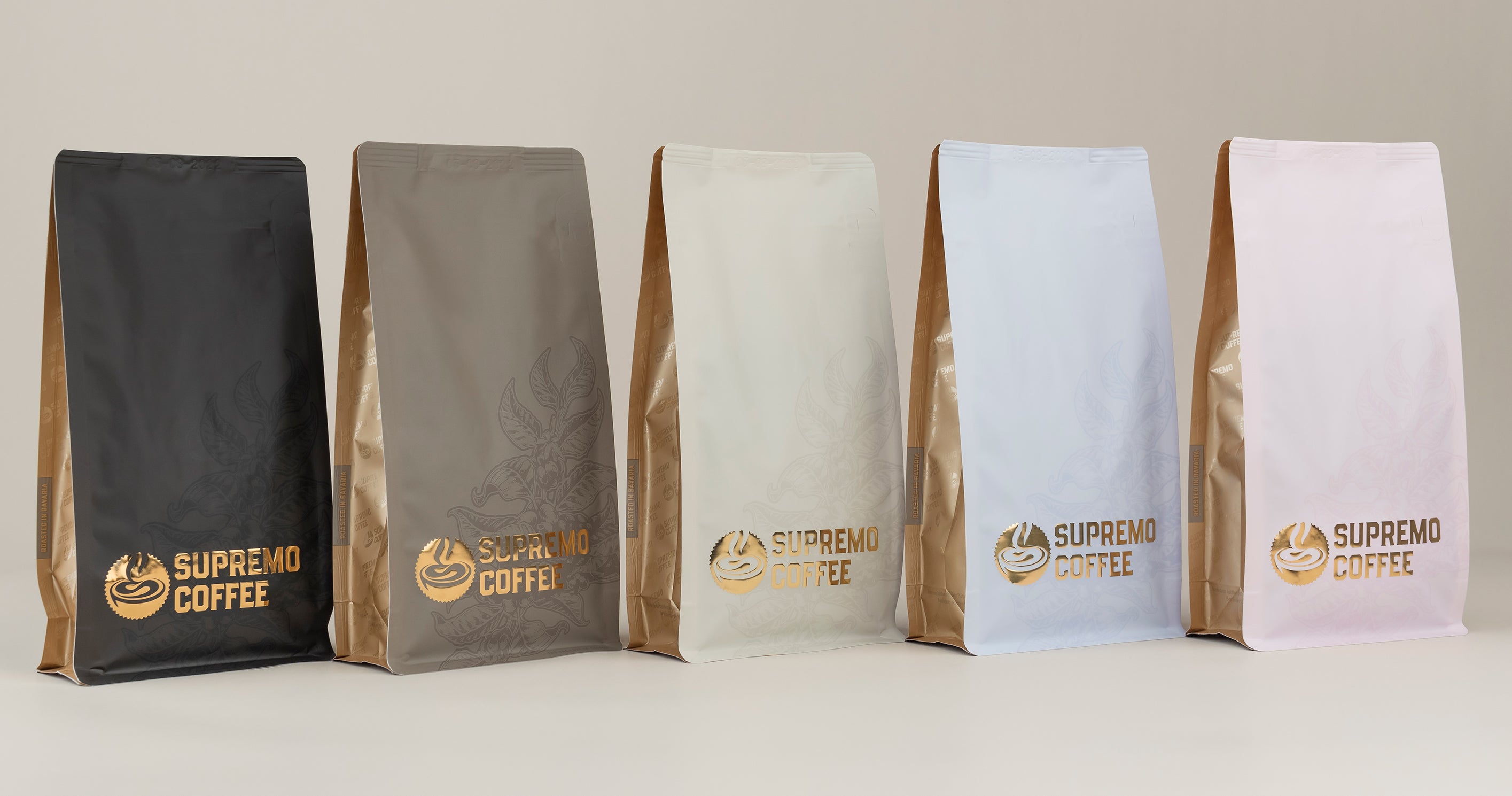
During recent years, we pondered a lot about the subject packaging and sustainability to make the first contact one has with our coffee not only more beautiful but also better in a holistic way. Fi...
Read more
